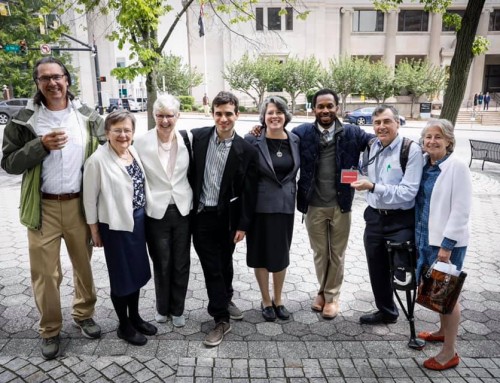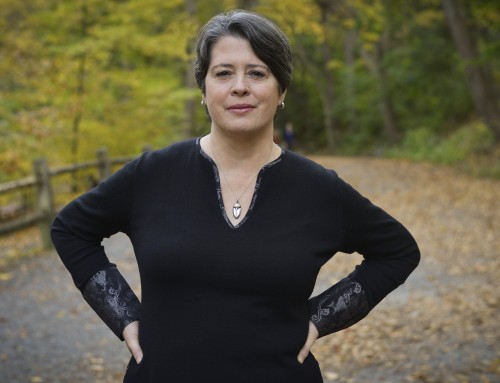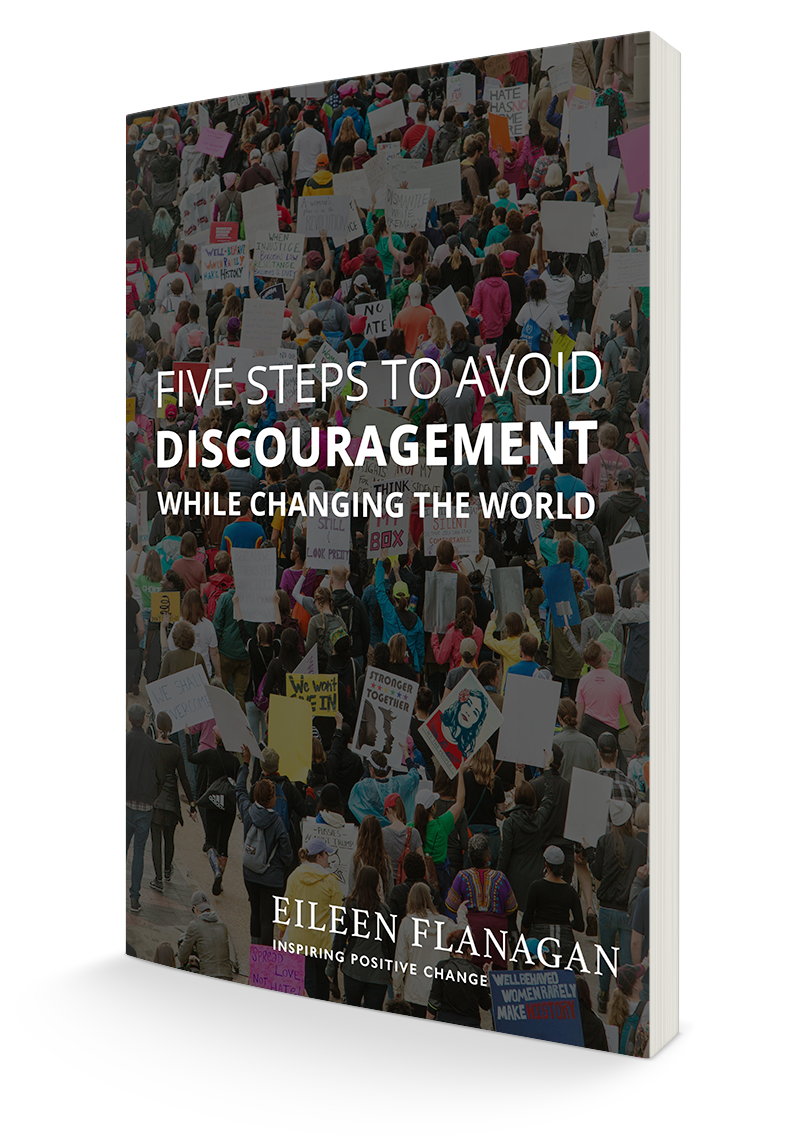Between it being Ramadan and the controversy over the Muslim center proposed a few blocks away from Ground Zero in New York, Islam is getting more mention than usual in the press these days. Unfortunately, I’m not sure how much of it fosters understanding of the religion itself or the places where our beliefs are not so different. So today I’m offering a previously unpublished part of my interview with an Imam who studied Comparative Religion at Harvard and now teaches history at a Quaker school. First, I asked him about whether the images of God were more benevolent in Islam than in Christianity:
“I would think so. Every single chapter of the Qur’an, except one, starts out, ‘Bismillah ar-Rahman ar-Rahim. In the name of God, the most gracious, merciful.’ Some say, ‘Beneficent, merciful.’ One of those words, Rahman, has its roots in the same Arabic word for the womb, and it suggests the mercy and the compassion of a mother. In fact, that was one of the words the Jews used even as far back as the time of the prophet in the Talmud. It says the most merciful over and over for God. So I don’t see it as a departure. I see it as continuity. Most of what I see in Islam is continuity from the prophetic traditions, from the Hebrew Bible and the New Testament, with some theological differences and distinctions, but that’s one thing that I think runs through all of them.”
The Imam noted that there is love and compassion in each tradition, just as there is divine justice, and some people emphasize different sides of God. “If you are a Sufi or a mystic in Islam, or you have tendencies toward the interior world of Islam, then the tendency does seem to be to emphasize the love and the compassion. On the other hand, if you are a legalist, then the compassion is that God has given us books, clear directions, and we are supposed to follow them.” We agreed that this tension exists in many (if not all) religions.
I mentioned the tension between an exterior transcendent God vs. an interior, eminent God and ask if that tension exists in Islam too. “Very much so.” He recites the Qur’an in Arabic, then translates: ‘Say, He is Allah, the Eternal, the Absolute. He begets not. Neither is he begotten. And there is nothing and no one like unto him.’ So that speaks to the absolute transcendence and uniqueness of God. Whatever you can imagine is not God. If you can conceive it, you have not conceived God. At best you’ve conceived an idea that may push you in the direction of God. At worst you’ve conceived an idol. So God is Akbar, God is greater. God is beyond that. On the other hand, it is said that the Prophet Mohammad, peace be upon him, and his companion Abu Bakr were hiding from some enemies in a cave, and Abu Bakr said, ‘We are alone. It’s just the two of us.’ And he said, ‘No we are three. Allah is with us.’ The Qur’an says that God is nearer to the believer than his jugular vein. So there is the eminence. In fact, even in the creation narrative there is the idea that Allah created the human being and breathed of his own spirit into the human being. So there is that presence. As Quakers would say, ‘There is that of God in every human being.’”
At the end of our interview he said, “Wow. You didn’t ask a single stereotypical question.”
“Let me guess,” I said. “People usually ask you about veils and jihad.”
He said that was true, which strikes me today as particularly sad, given the complexity of Islam and the many things we could learn from one another about the greatness and nearness of the Divine.







That was interesting, thanks for posting it. It's the first interview I've read that is about the Muslim's image of God, stated without bias from the interviewer.
I think I would have asked him about the comment "He begets not." I'm a little confused by it. If God didn't 'beget,' how did he create humans?
Thanks, Michele. Yours would have been a good question. I took it as a reference to Jesus, who Muslims believe was a great prophet, but not the "son of God." But perhaps I should have checked my assumption.